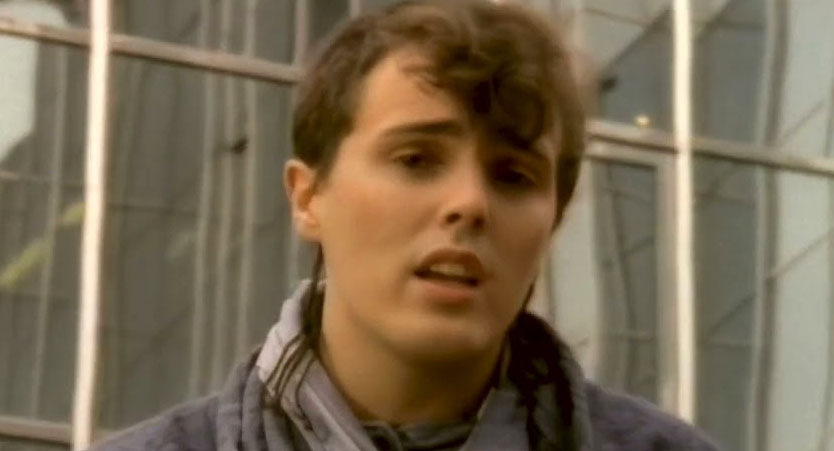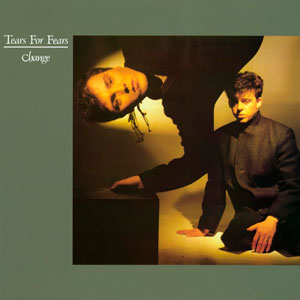Beyond the Big Hits: Tears For Fears’ “Change”
When people think of Tears For Fears, their minds often leap to anthems like “Everybody Wants to Rule the World” or “Shout.” But to fully appreciate the artistic range of Roland Orzabal and Curt Smith, you have to rewind to their 1983 debut, The Hurting. Nestled within this emotionally intense, primal therapy–influenced album is “Change” — a track that balances post-punk angularity with irresistible melodic flair. Released on 28 January 1983 as the third commercially available single from the album (after “Suffer the Children” and “Mad World”), “Change” marked one of the earliest glimpses of the band’s evolution from cult introspection to polished pop.
While “Pale Shelter” had been previously released in 1982 in a different version under the subtitle “(You Don’t Give Me Love),” its re-recorded and definitive hit version followed “Change” several months later — making “Change” the true pivot point between the raw and the refined.
From Angularity to Anthem
“Change” landed in a cultural moment still echoing punk’s disruption while inching toward the synth-pop sophistication of the ‘80s. While The Hurting is largely wrapped in stark confessions, “Change” carved its own space with a brighter energy and a near-danceable tempo.
The track opens with an urgent, percussive synth riff that instantly seizes attention. Curt Smith’s steady bassline and Orzabal’s slashing guitar textures create a sonic push-and-pull that’s both hypnotic and taut. The electronic drums keep everything clipped and sharp — making “Change” feel like it’s always leaning forward, always in motion.
A Whisper of Transformation
Lyrically penned by Orzabal but vocally delivered by Smith, “Change” distills the restlessness and melancholy of self-reinvention. Its abstract lines — “You walked in / I woke up” — suggest a subtle personal reckoning rather than overt catharsis. The title says it all: there’s a need for motion, for progress, even as the song remains emotionally restrained. It’s a cool exhale compared to the scream therapy of “Shout,” but no less urgent.
Chart Performance and Cultural Legacy
“Change” became a breakthrough for the band. In the UK, it peaked at No. 4 and spent nine weeks on the Singles Chart, cementing their growing appeal. It was also their first U.S. charting single, reaching No. 73 on the Billboard Hot 100 and No. 22 on the Billboard Top Tracks chart. Internationally, it found audiences in Ireland (No. 8), South Africa (No. 5), Canada (No. 23), and Australia (No. 29) — remarkable reach for a band still finding its mainstream footing.
The music video, directed by Clive Richardson, echoed the song’s eerie vibe with surreal performance shots and disconnected imagery. A 12″ remix and the so-called “New Version” (which, ironically, predates the album cut) kept the track evolving, reinforcing its theme through form.
Why It Still Matters
“Change” endures because it’s both of its time and ahead of it. It brought primal themes into pop structures and gave post-punk introspection a pulse and polish. For a song about change, it ironically helped anchor Tears For Fears’ identity — showing they could be artful without being aloof, catchy without being shallow.
It may not have ruled the world like later hits, but it lit the path to get there.

